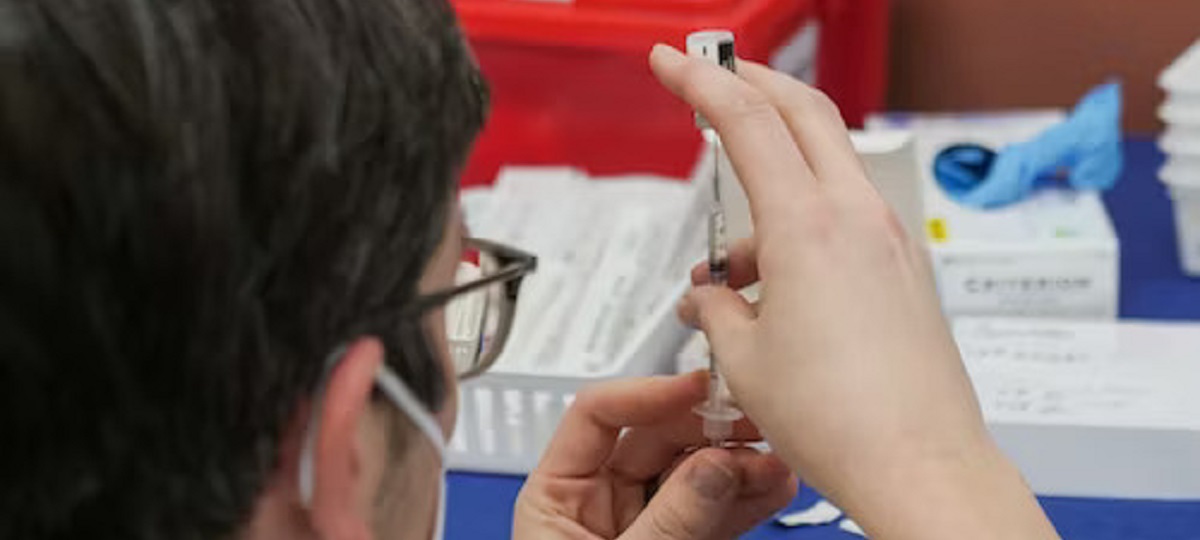Sharp needle-like pain in the urethra is a distressing sensation characterized by sudden, intense, and stabbing discomfort in the urinary tract. It is essential to differentiate this condition from other types of urinary tract pain, as the underlying causes and treatments may vary significantly.
Causes of Sharp Needle-Like Pain in Urethra
Several factors can contribute to the development of sharp needle-like pain in the urethra. It is crucial to identify the root cause to facilitate accurate diagnosis and effective management. Some common causes include:
- Urinary Tract Infections (UTIs): UTIs are one of the leading causes of urethral pain. When bacteria enter the urinary tract, it can lead to infection, resulting in inflammation and discomfort. The urethra, being a part of the urinary system, is susceptible to infection.
- Sexually Transmitted Infections (STIs): Certain STIs, such as gonorrhea or chlamydia, can cause urethral pain as they primarily affect the genital area. These infections need timely treatment to prevent further complications.
- Urethritis: Urethritis is the inflammation of the urethra, which can be caused by infections, irritants, or trauma. This condition often manifests as sharp pain during urination.
- Kidney Stones: While kidney stones primarily affect the kidneys, they can cause referred pain in the urethra during their passage through the urinary tract.
- Interstitial Cystitis: Interstitial cystitis is a chronic condition that affects the bladder and can cause pain in the urethra and surrounding pelvic region.
- Urethral Stricture: Urethral stricture refers to the narrowing of the urethra due to scar tissue formation, leading to discomfort during urination.
Symptoms of Sharp Needle-Like Pain in Urethra
Aside from the characteristic sharp pain in the urethra, individuals may experience accompanying symptoms that provide valuable diagnostic clues. Some common symptoms include:
- Frequent urge to urinate
- Burning sensation during urination
- Discolored or bloody urine
- Discomfort during sexual intercourse
- Tenderness or swelling in the vaginal region
Diagnosis and Evaluation
When experiencing sharp needle-like pain in the urethra, it is essential to undergo a thorough diagnosis and evaluation to determine the underlying cause accurately. Seeking medical attention promptly is crucial to avoid potential complications and ensure appropriate treatment. The following steps are frequently included in the diagnostic process:
- Physical Examination: A comprehensive physical examination is conducted, focusing on the genital and pelvic areas. The healthcare professional will look for any signs of inflammation, tenderness, or abnormalities in the urethra and surrounding tissues.
- Urinalysis: One of the essential diagnostic tests for sharp needle-like pain in the urethra is a urinalysis. Healthcare providers will collect and analyze a urine sample for the presence of bacteria, white blood cells, red blood cells, and other indicators of infection or inflammation.
- Imaging Tests: In some cases, imaging tests may be necessary to visualize the urinary tract and identify any structural abnormalities. Ultrasound or computed tomography (CT) scans can provide detailed images of the bladder, urethra, and kidneys.
- Urethral Swab: If the healthcare provider suspects a sexually transmitted infection (STI), they may perform a urethral swab to collect a sample for laboratory testing. This test helps identify the specific causative organism and guides targeted treatment.
- Cystoscopy: In certain situations where the cause of the pain remains unclear, a cystoscopy may be performed. This procedure involves inserting a thin, flexible tube with a camera (cystoscope) into the urethra and bladder to directly visualize the urinary tract’s interior.
- Urodynamic Testing: Doctors may recommend urodynamic tests if they suspect bladder dysfunction or neurogenic causes. These tests assess how well the bladder and urethra store and release urine, helping to pinpoint any issues affecting urinary flow.
Treatment Options
Treatment for sharp needle-like pain in the urethra depends on the underlying cause. Some common approaches include:
- Antibiotics: If the cause of the pain is a bacterial infection, antibiotics are the primary line of treatment. These medications work to eliminate the bacteria responsible for the infection, reducing inflammation and relieving the discomfort. To ensure the infection is fully eradicated, you must complete the full course of antibiotics as prescribed by the healthcare provider.
- Pain Management: In cases where the pain is not solely due to an infection but is a symptom of another condition, pain management becomes crucial. Nonsteroidal anti-inflammatory drugs (NSAIDs) or pain relievers may be prescribed to alleviate the sharp pain and reduce inflammation. However, it’s essential to consult a healthcare professional before starting any medication to ensure proper dosage and suitability.
- STI Treatment: If a sexually transmitted infection (STI) like gonorrhea or chlamydia is the cause of the sharp pain in the urethra, doctors will prescribe specific treatments for these infections. These usually involve antibiotics tailored to target the particular pathogen responsible for the STI.
- Lifestyle Changes: Making certain lifestyle adjustments can complement medical treatment and help manage the discomfort. Staying well-hydrated is essential, as it helps flush out bacteria and toxins from the urinary tract. Avoiding irritants such as spicy foods, caffeine, and alcohol may also aid in reducing irritation in the urethra.
- Urethral Dilation or Surgery: In severe cases where there is a urethral stricture (narrowing of the urethra due to scar tissue), more invasive treatments like urethral dilation or surgery may be necessary. Urethral dilation involves the insertion of a small instrument into the urethra to widen it, while surgery may involve cutting or removing the scar tissue to restore normal urine flow.
Prevention
While not all causes of sharp needle-like pain in the urethra are preventable, some general measures can help reduce the risk:
- To avoid STIs, practice safe sex and use protection.
- Staying hydrated to flush out bacteria and toxins from the urinary tract
- Urinating after sexual intercourse to minimize bacterial growth
- Maintaining good genital hygiene
In conclusion, sharp needle-like pain in the urethra can be distressing, but understanding its causes, symptoms, and treatment options can aid in its effective management. If you or anyone you know is experiencing such discomfort, do not hesitate to seek medical attention promptly.
